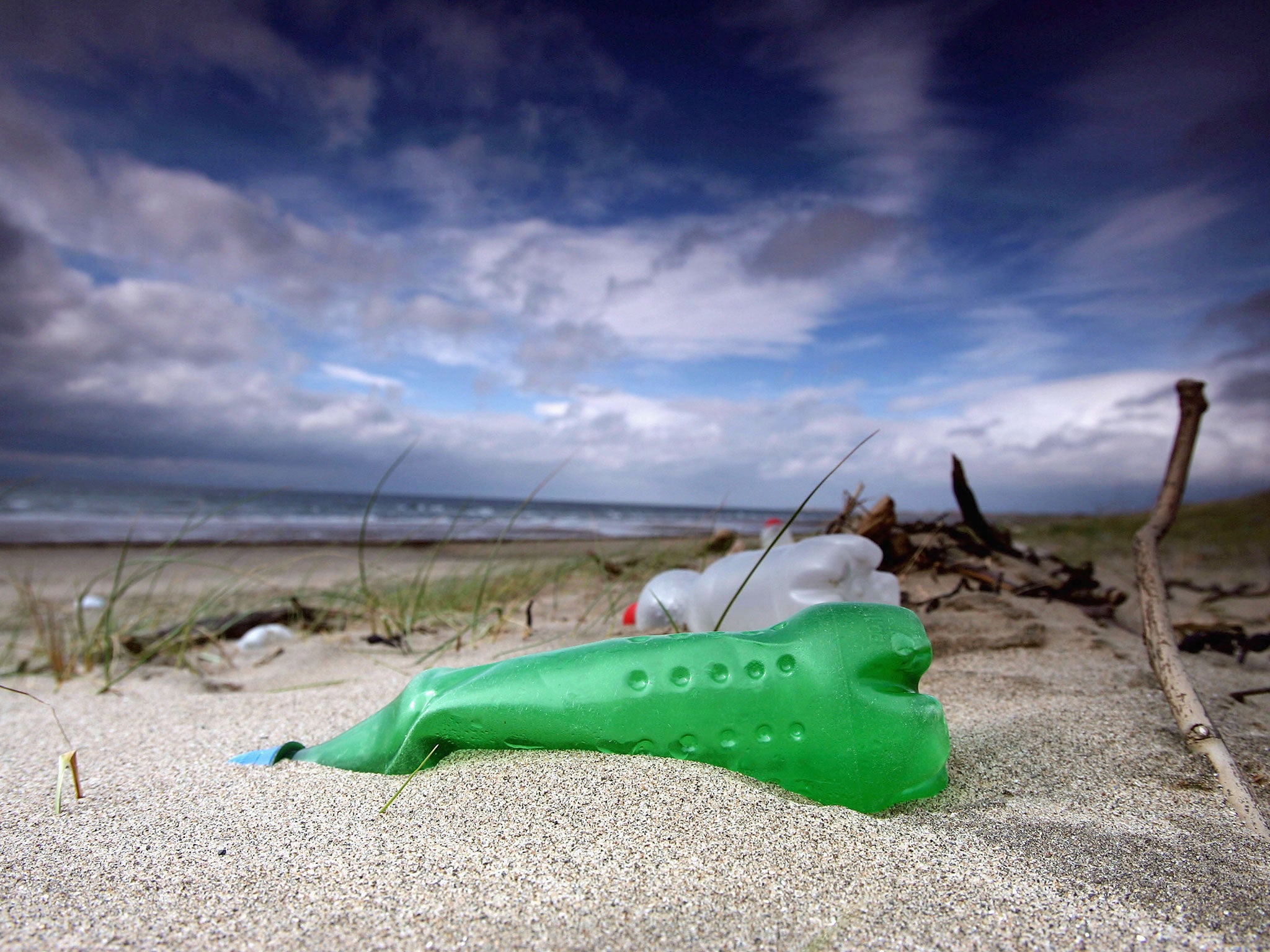EU proposes total ban on plastic cutlery and straws to reduce single-use litter
Plates, drink stirrers and sticks for balloons also targeted

Your support helps us to tell the story
From reproductive rights to climate change to Big Tech, The Independent is on the ground when the story is developing. Whether it's investigating the financials of Elon Musk's pro-Trump PAC or producing our latest documentary, 'The A Word', which shines a light on the American women fighting for reproductive rights, we know how important it is to parse out the facts from the messaging.
At such a critical moment in US history, we need reporters on the ground. Your donation allows us to keep sending journalists to speak to both sides of the story.
The Independent is trusted by Americans across the entire political spectrum. And unlike many other quality news outlets, we choose not to lock Americans out of our reporting and analysis with paywalls. We believe quality journalism should be available to everyone, paid for by those who can afford it.
Your support makes all the difference.Throwaway plastic products including cotton buds, cutlery and straws could be banned across much of Europe under a proposal put forward by the EU.
The move, which follows similar attempts to reduce the harmful impact of plastics in Britain, is part of a global effort to reduce litter spoiling beaches and ocean beds.
The European Commission said its proposal, unveiled on Monday, targets the 10 single-use plastic products most often found on Europe's beaches and seas, as well as lost and abandoned fishing gear.
It seeks to cut marine litter for those items – which amount to 70 per cent of the rubbish found in the continent's waters and beaches – and shave £188bn off the bill for environmental damage over the next 12 years.
Under the new rules, single-use plastic products will be banned if alternatives are available and affordable. This will include plastic cotton buds, cutlery, plates, straws, drink stirrers and sticks for balloons, which will all have to be made from sustainable materials instead.
Single-use coffee cups made with plastic will only be allowed on the market if their caps and lids remain attached.
“Europeans need to act together to tackle this problem,” said EU vice president, Frans Timmermans.
“Today's proposals will reduce single use plastics on our supermarket shelves through a range of measures.
“We will ban some of these items, and substitute them with cleaner alternatives so people can still use their favourite products.”
The proposal also sets out how individual EU member states will have to meet targets for reducing single-use plastics and will be obliged to collect 90 per cent of all throwaway drinks bottles by 2025.
For fishing gear, which accounts for around a quarter of all beach litter, manufacturers will be required to cover the costs of waste collection and treatment.
Michael Gove, the environment secretary, has floated the idea of banning plastic straws and cotton buds in the UK, however the government has only announced a consultation, rather than draft legislation, on the issue.
It comes after a Twitter spat between Mr Gove and Mr Timmermans, when the Brexit-backing Tory MP suggested EU laws were holding back environmental progress in the UK.
The EU vice president responded that Brussels was “one step ahead” and urged Mr Gove to “align with us”.
The announcement follows The Independent’s Cut the Cup Waste campaign, which has been pushing for action from businesses and government to work towards better solutions to the problem of disposable coffee cup waste.
The proposal will be assessed by the EU Parliament and member states but Mr Timmermans hopes to see the plan implemented within 12 months.
Lasse Gustavsson, the European executive director of the environmental group Oceana, supported the proposals.
"The only way to stop plastics pouring into our oceans is to turn off the flow at its source: production," he said.
The European Parliament has said plastics production is now 20 times higher than in 1960s.
The EU has also been spurred into action by China's decision to no longer import part of the bloc's waste.
Join our commenting forum
Join thought-provoking conversations, follow other Independent readers and see their replies
Comments